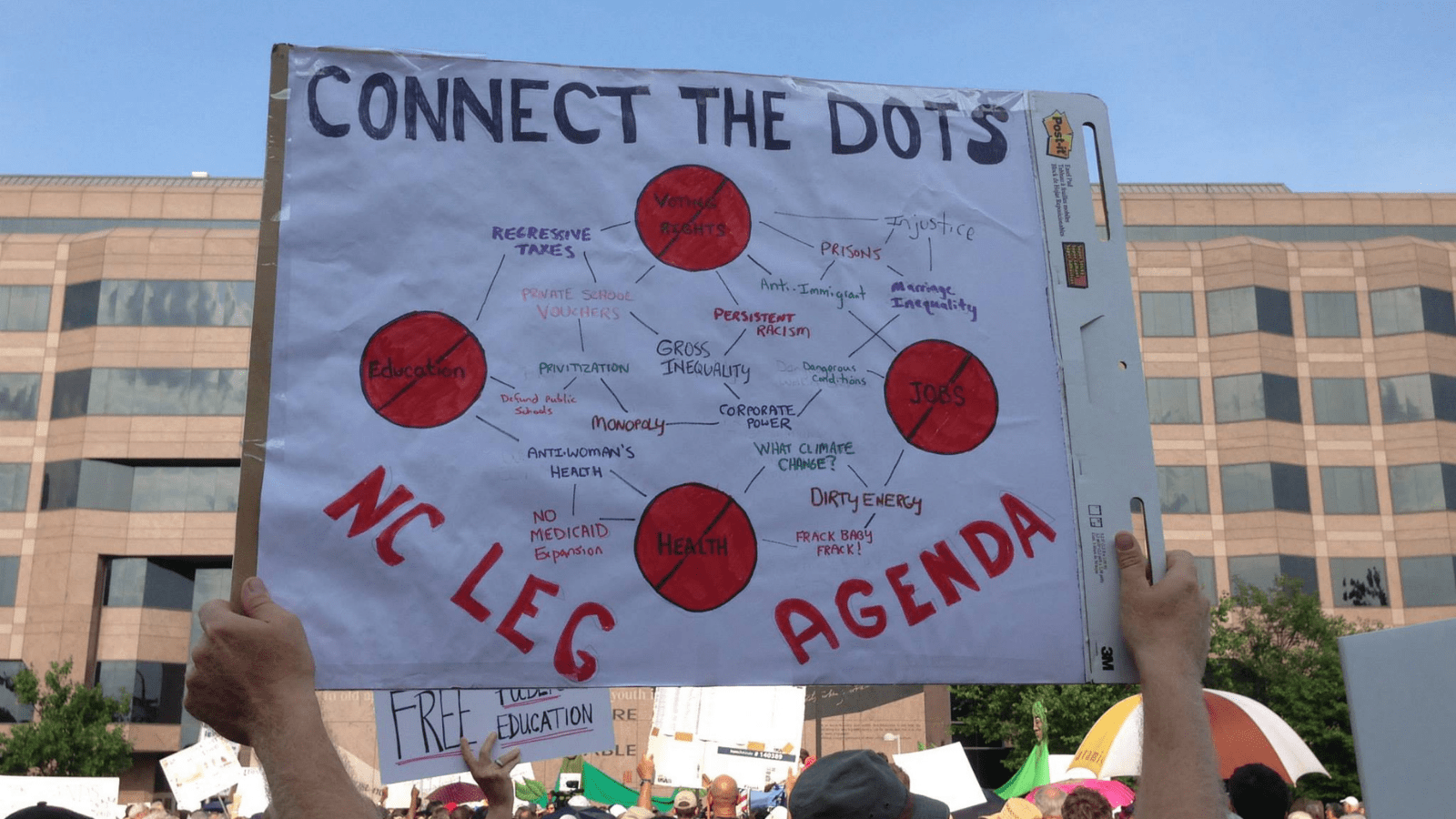Abortion Restrictions in North Carolina
While this is not an exhaustive list of restrictions on abortion and reproductive health care in North Carolina, this section highlights several of the major legal barriers to access.
Abortion Refusal Laws
In North Carolina, physicians and nurses have been allowed to refuse to participate in any procedure that results in an abortion since 1973. In 2013, that protection was extended to any healthcare provider in North Carolina. For example, this may occur when a patient needing an emergency termination goes to a hospital for care. It is critical institutions have policies in place that center patients’ well-being and the provision of quality care to all patients, regardless of the religious beliefs of employees.
TRAP Laws
In North Carolina, anti-abortion lawmakers in the General Assembly passed additional, medically unnecessary regulations of abortion clinics. North Carolina does not have extensive TRAP laws (Targeted Regulations of Abortion Providers) as other states like Texas do, but it does have politically-targeted regulations, including:
- Requiring physicians performing abortions after 16 weeks to send records of the patient’s ultrasound images to the North Carolina Department of Health and Human Services.
- Abortion providers are banned from receiving any state funding for any purpose (this was a 2015 law specifically passed to attempt to defund the state’s Planned Parenthood affiliate).
Forced Ultrasound Laws
A federal court put this restriction on hold before it could go into effect and later struck it down as unconstitutional in a case brought by the ACLU-NC and other groups, including abortion providers. A federal appeals court later upheld that ruling. The law that was struck down was from 2011, when the North Carolina General Assembly required ultrasounds be performed four hours before a patient could have an abortion (except in emergencies) and that the individual was required to view the ultrasound images. Abortion providers were required to explain the presence, location, and dimensions of the fetus; provide a medical description of the images; and offer listening to the fetal heart tone.
Biased Counseling & Mandatory Delays
In North Carolina, the General Assembly passed a law in 2013 requiring people who wanted an abortion be forced to wait for 24 hours after the first appointment they had with an abortion clinic where they were read a biased state-mandated script written by anti-abortion lawmakers and filled with medical inaccuracies in an attempt to shame and scare people seeking abortion care. In 2015, the NC General Assembly passed a law increasing the forced waiting period to 72 hours after the state-mandated script is read to them. North Carolina is one of only five states with that long of a waiting period, and a recent study showed waiting periods had little impact on a person’s decision to have an abortion.
In 2023, the NC General Assembly passed a monster abortion ban (S20) that requires this biased counseling to be done in person at a clinic, necessitating at least two appointments that are 72 hours apart. There is no medical reason for this regulation. It is solely designed to make it more difficult for patients and providers to obtain and provide care.


